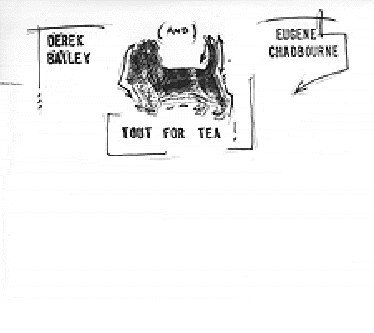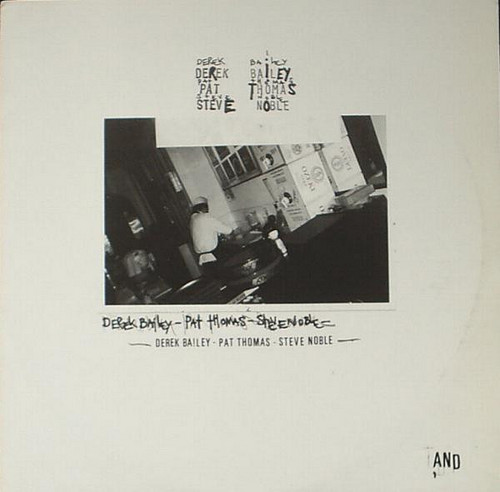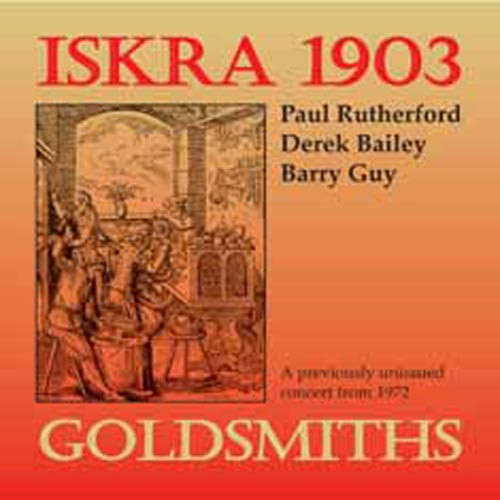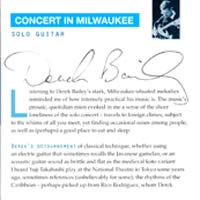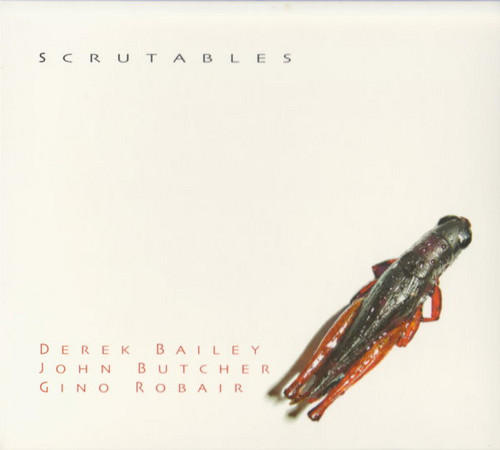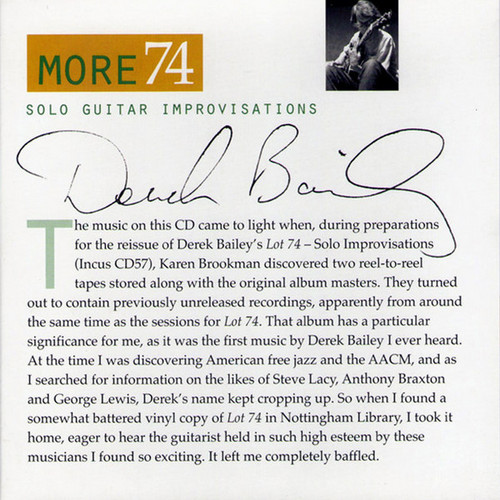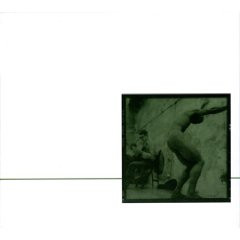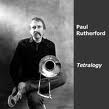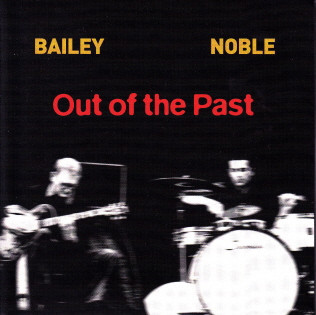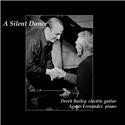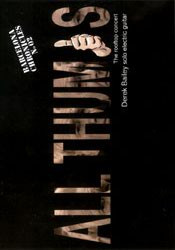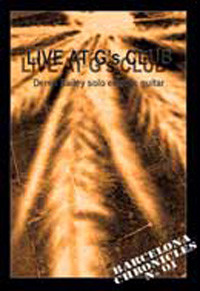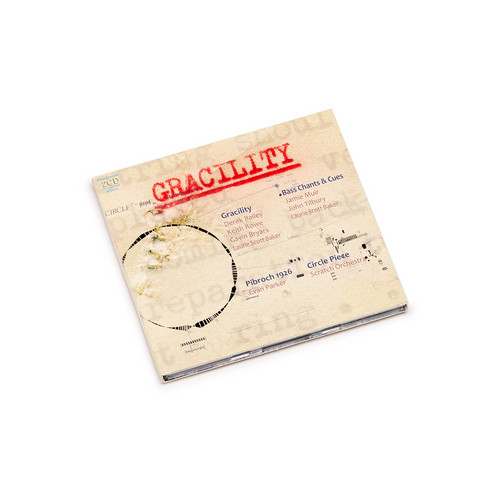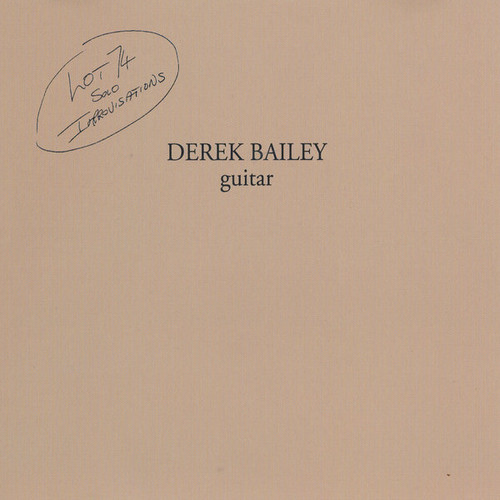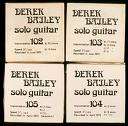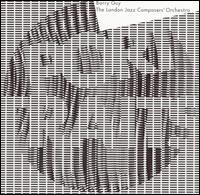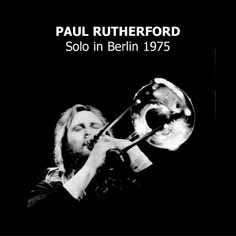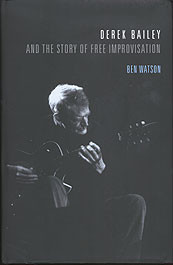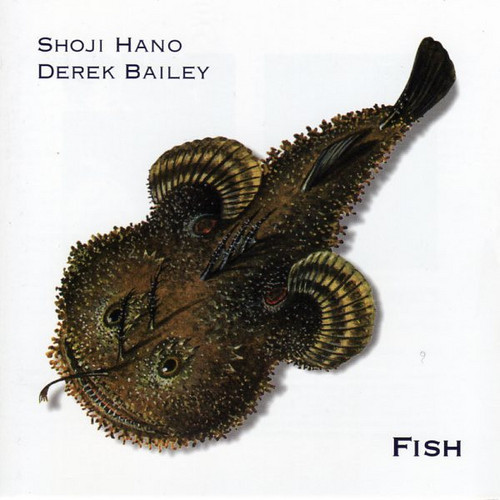Iskra 1903
Paul Rutherford formed Iskra 1903 in 1970 with Derek Bailey and Barry Guy. All three musicians had worked together in larger groups, starting off with the 1966/7 edition of the Spontaneous Music Ensemble. However, they had a strong desire to work as a percussionless trio. It's not that they were or are anti-percussion - each of them have subsequently worked in various settings with numerous percussionists - it’s just that they felt a need for this sort of instrumentation. Rutherford named the group after 'Iskra' (the Russian word for spark) which was the paper that Lenin edited before the Russian Revolution. The '19' indicates 20th century music, and the '03' is the number of performers.
Paul Rutherford formed Iskra 1903 in 1970 with Derek Bailey and Barry Guy. All three musicians had worked together in larger groups, starting off with the 1966/7 edition of the Spontaneous Music Ensemble. However, they had a strong desire to work as a percussionless trio. It's not that they were or are anti-percussion - each of them have subsequently worked in various settings with numerous percussionists - it’s just that they felt a need for this sort of instrumentation. Rutherford named the group after 'Iskra' (the Russian word for spark) which was the paper that Lenin edited before the Russian Revolution. The '19' indicates 20th century music, and the '03' is the number of performers.
